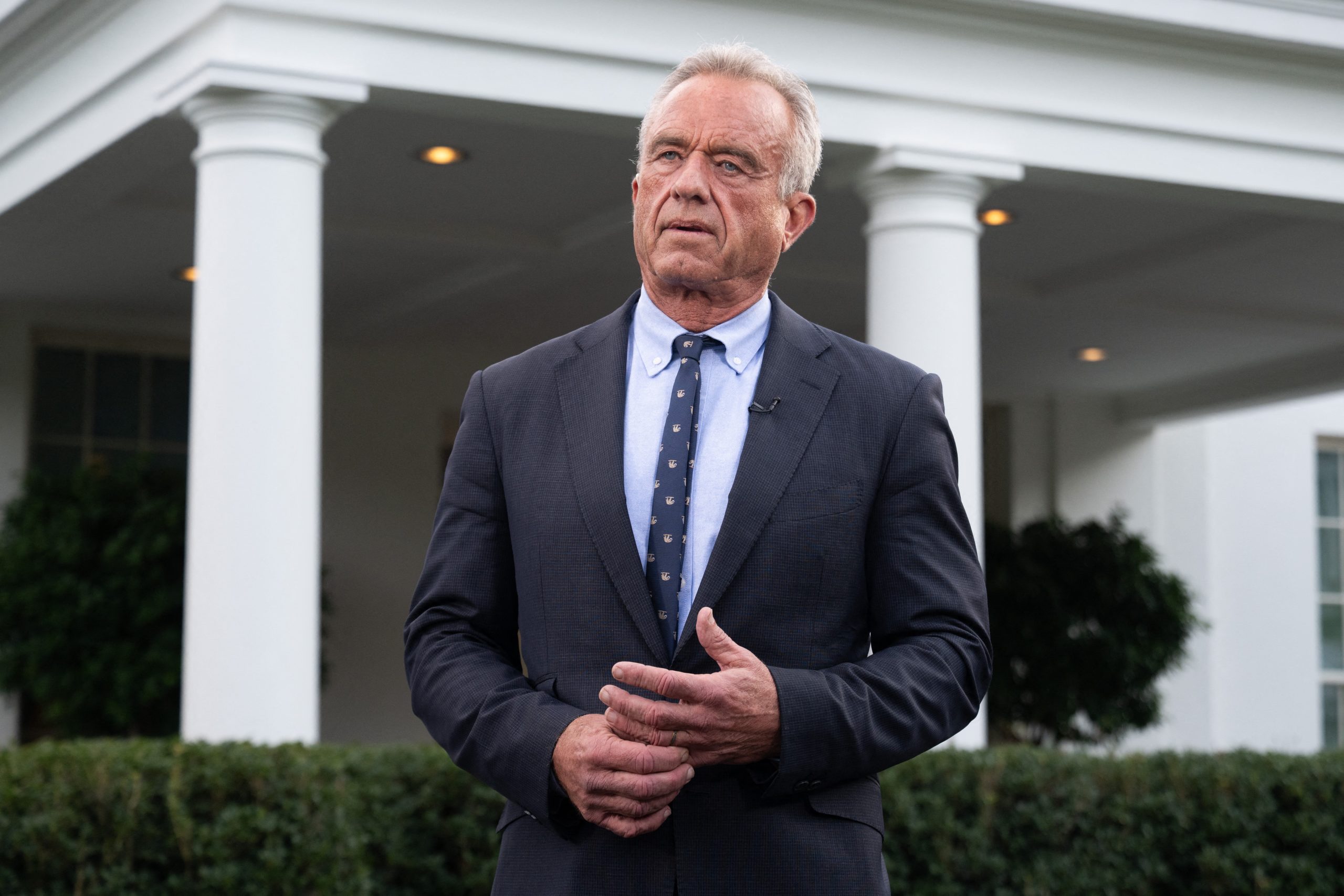Robert F. Kennedy Jr.’s appointment as US Health Secretary has ignited a firestorm of controversy, pitting him against the nation’s established public health infrastructure. His aggressive policy shifts, including mass layoffs at the CDC, the cancellation of significant mRNA vaccine funding, and a stated intention to promote “alternative medicine,” have sparked widespread concern among leading scientists and medical professionals. This article examines both the criticisms and potential merits of Kennedy’s radical approach to public health.
Challenging the Status Quo: Kennedy’s Actions and Their Ramifications
Kennedy’s actions have been swift and decisive. The substantial cuts to CDC staffing have raised concerns about the agency’s capacity to effectively respond to public health crises. The $500 million funding cut for mRNA vaccine development has been met with alarm, particularly given the ongoing threat of new viral outbreaks. His vocal support for “alternative medicine” – a term encompassing treatments often lacking robust scientific evidence – further fuels the debate about his approach. Critics argue that these actions undermine decades of scientific consensus and threaten the nation’s public health preparedness.
The Counter-Narrative: Voices of Dissent and Calls for Caution
The medical community’s response has been robust. Physician groups are actively publishing their own COVID-19 vaccine recommendations, directly contradicting Kennedy’s altered federal guidance. These actions highlight the deep rift between Kennedy’s administration and the scientific establishment. The concern is not merely about policy disagreements, but about the potential impact on vulnerable populations. Healthcare providers fear that the erosion of public trust in established medical practices, coupled with a promotion of unproven treatments, could lead to preventable illnesses and deaths. Many doctors feel a moral obligation to counteract what they view as dangerous policy decisions.
A Balancing Act: Potential Benefits and Unforeseen Risks
While Kennedy’s critics are vocal, it’s important to acknowledge the potential rationale behind his actions. Some argue that the existing public health system is overly bureaucratic and resistant to innovation. They suggest that Kennedy’s efforts, though controversial, might be an attempt to address systemic inefficiencies and promote more diverse approaches to healthcare. However, this perspective must be carefully weighed against the very real risks associated with undermining established public health practices and potentially jeopardizing the well-being of the population. The potential benefits need to be rigorously evaluated and carefully balanced against the potential for negative consequences.
Conclusion: Navigating the Uncertain Future
Robert F. Kennedy Jr.’s tenure as Health Secretary represents a significant shift in the US’s approach to public health. His policies have sparked a critical debate about the balance between innovation, established practices, and the protection of public well-being. The long-term consequences of his actions remain uncertain, but the immediate impact is clear: a fundamental challenge to the nation’s public health infrastructure and a growing chasm between the government’s approach and the scientific consensus. The ongoing dialogue, involving both fierce criticism and cautious support, will ultimately shape the future of public health in the United States.
SOURCE INFORMATION:
TITLE: What RFK Jr. gets wrong — and right — according to a public health expert
DESCRIPTION: US Health Secretary Robert F. Kennedy Jr. is at war with the nation’s public health establishment. He’s overseen mass layoffs at the Centers for Disease Control and Prevention; canceled $500 million in federal funding for mRNA vaccine development; and promised to end the bias against “alternative medicine.” The country’s leading scientists and physicians have started […]
CONTENT: US Health Secretary Robert F. Kennedy Jr. has made challenging the public health establishment the center of his agenda. | Saul Loeb/AFP via Getty Images US Health Secretary Robert F. Kennedy Jr. is at war with the nation’s public health establishment. He’s overseen mass layoffs at the Centers for Disease Control and Prevention; canceled $500 million in federal funding for mRNA vaccine development; and promised to end the bias against “alternative medicine.” The country’s leading scientists and physicians have started pushing back against the Trump administration’s agenda, with some physician groups releasing their own Covid vaccine recommendations after Kennedy unilaterally changed the federal guidance this summer. Doctors say they’re looking to protect the most vulnerable as the government turns against the long-standing public health consensus. “I think we all actually have a duty to try to improve the country no matter who’s in power,” said Ezeki
SOURCE: Vox
Based on materials: Vox





